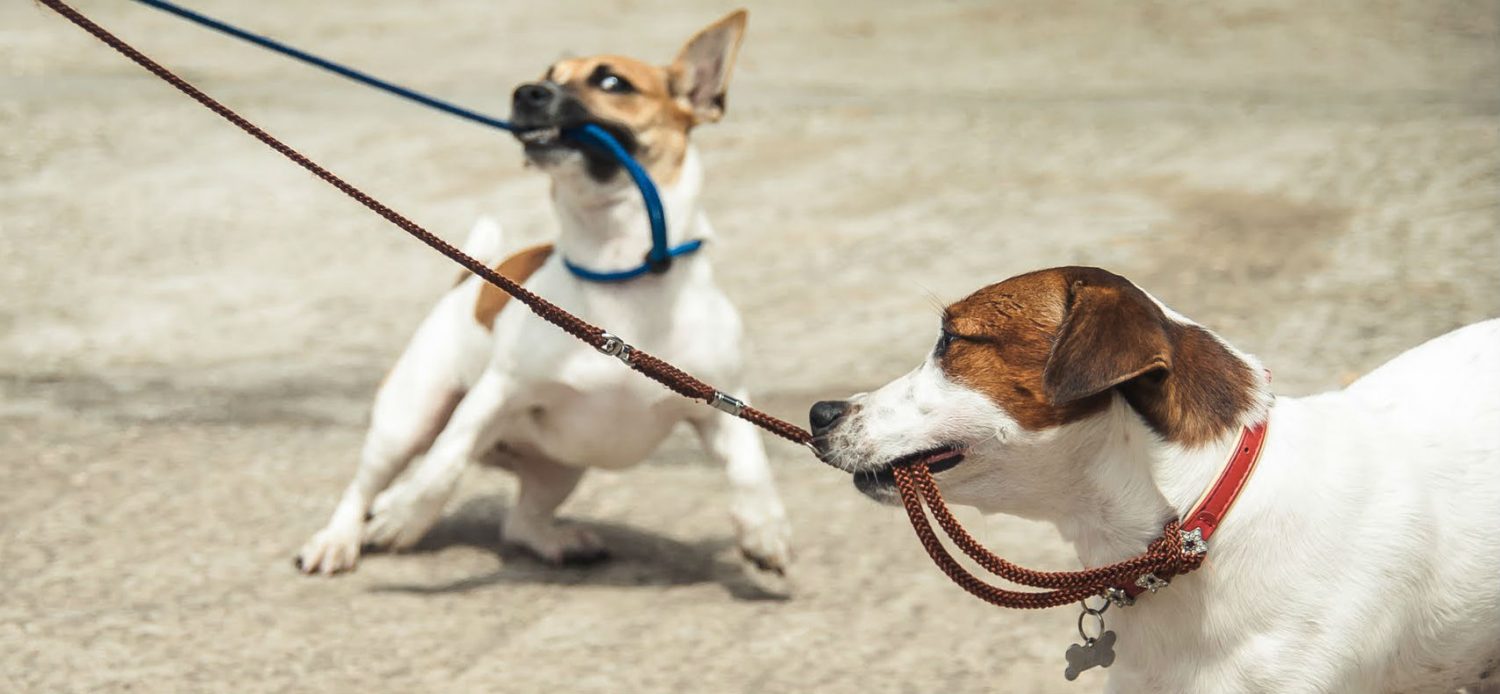How do I stop my dog’s inappropriate urination?
Original Question: My seven year old Schnoodle is leaking urine. I took her to the vet and the urine tested clean but she was put on 10 days of pills just in case. It worked for some time and now she's leaking again but not every day. I think she is a few pounds overweight and I'm trying to cut back on her food. What should I do? - Penny
 Mar 5, 2018
Mar 5, 2018
Hi Penny,
Thanks for your question.
This is a really common problem. This condition is otherwise known as inappropriate urination. We first have to determine whether it is a behavioural or medical problem, but the way you describe it, it seems to be a medical problem. I know this because you use the word leaking. If the dog is actually posturing to urinate but it is occurring in the wrong place, it’s possible that it could be a behavioral problem. But if the urine is leaking out as you describe, then it’s clearly a medical problem. There is a great video we have “Medical & Behavioral Reasons Your Dog is Urinating In the House and How to Stop It” that I encourage you to take a look for further information.
The first thing to do is to perform a urinalysis with a culture. I find that a lot of veterinarians these days will simply perform the urinalysis without performing the culture. Her urinalysis tells you about various aspects of the urine and then a technician applies the urine to a glass slide and looks at it under a microscope. One of the things they look for is bacteria to confirm an infection. Sometimes the urine might be very diluted or the bacteria may be small in number and a technician can miss this diagnosis. When a culture is performed, the urine is plated on a gel and any bacteria that is present will begin to multiply and become obvious. This will confirm the infection. The test will have the added benefit of determining which antibiotic the bacteria is sensitive to.
If an infection is confirmed, the appropriate antibiotic will be selected. To be certain that the infection is eliminated, you can decide to repeat the culture after the treatment is completed. If the leaking is being caused by an infection and it is confirmed on a culture, then the problem should be resolved.
Despite my explanation of it possibly being an infection, I don’t think this is the cause in your case. I believe your dog is probably experiencing sphincter laxity. This is a condition where the sphincter at the neck of the bladder, which holds the urine inside the bladder, becomes loose. You will often see the leaking of urine occurring while the dog sleeps and you will find a small amount of urine on the bedding after a nap. This is extremely common in female dogs because as it turns out, the tightness of the sphincter is sensitive to estrogen. When we spay a female dog we reduced estrogen levels and this can clause the sphincter to become loose. The fact that this is really common is the reason I believe this is the cause in your case. So if the urinalysis and culture comes back negative, I would make the assumption that this is the diagnosis.
Sphincter incontinence is treated in two ways. The first option is you can administer supplemental estrogen to the dog that I find owners really like. In this case you would basically give one pill of 1mg of estrogen once a day for seven days and then reduce it to one pill a week. This treatment will provide the estrogen that tightens the sphincter and resolves the leaking urine. A second treatment option is using a drug that affects the neurological system. The most commonly used one is phenylpropanolamine. This will tighten the sphincter by interacting with neurological control of the sphincter. It is typically administered three times a day which pet owners find inconvenient. I recommend you discuss these treatments with your veterinarian and see if they concur.
Best of luck.
Dr. Clayton Greenway
Disclaimer: healthcareforpets.com and its team of veterinarians and clinicians do not endorse any products, services, or recommended advice. All advice presented by our veterinarians, clinicians, tools, resources, etc is not meant to replace a regular physical exam and consultation with your primary veterinarian or other clinicians. We always encourage you to seek medical advice from your regular veterinarian.

